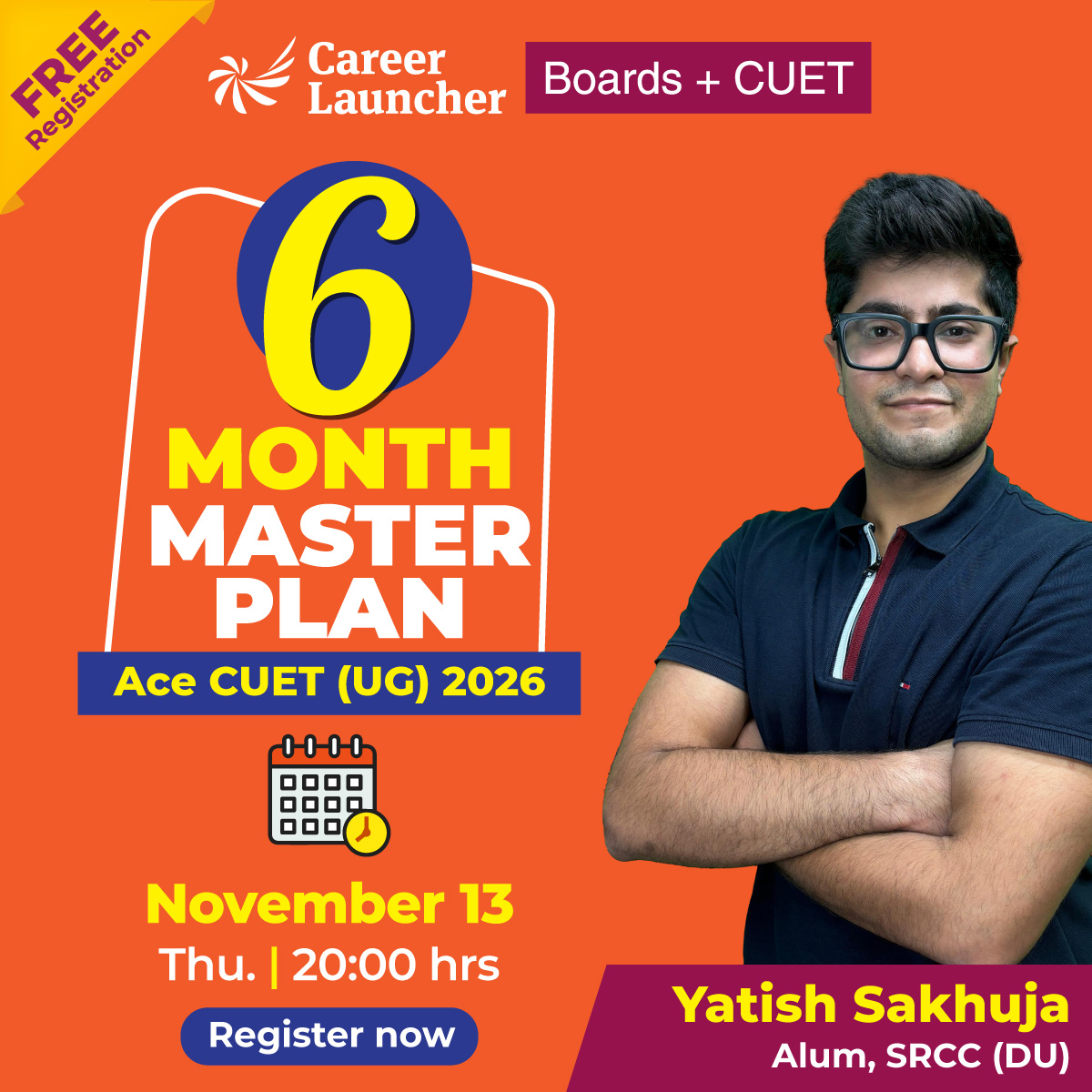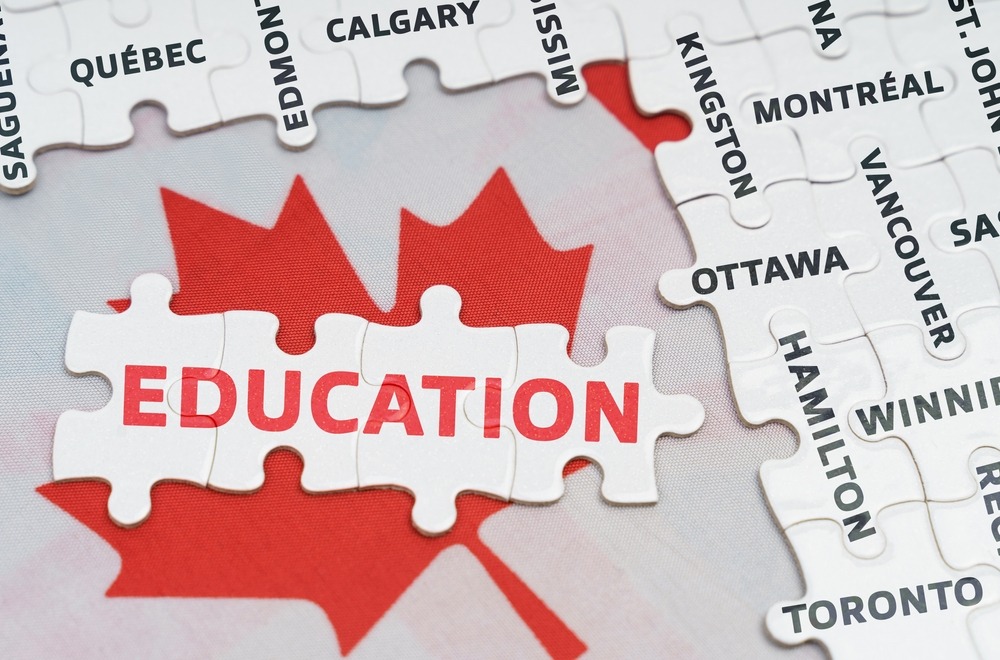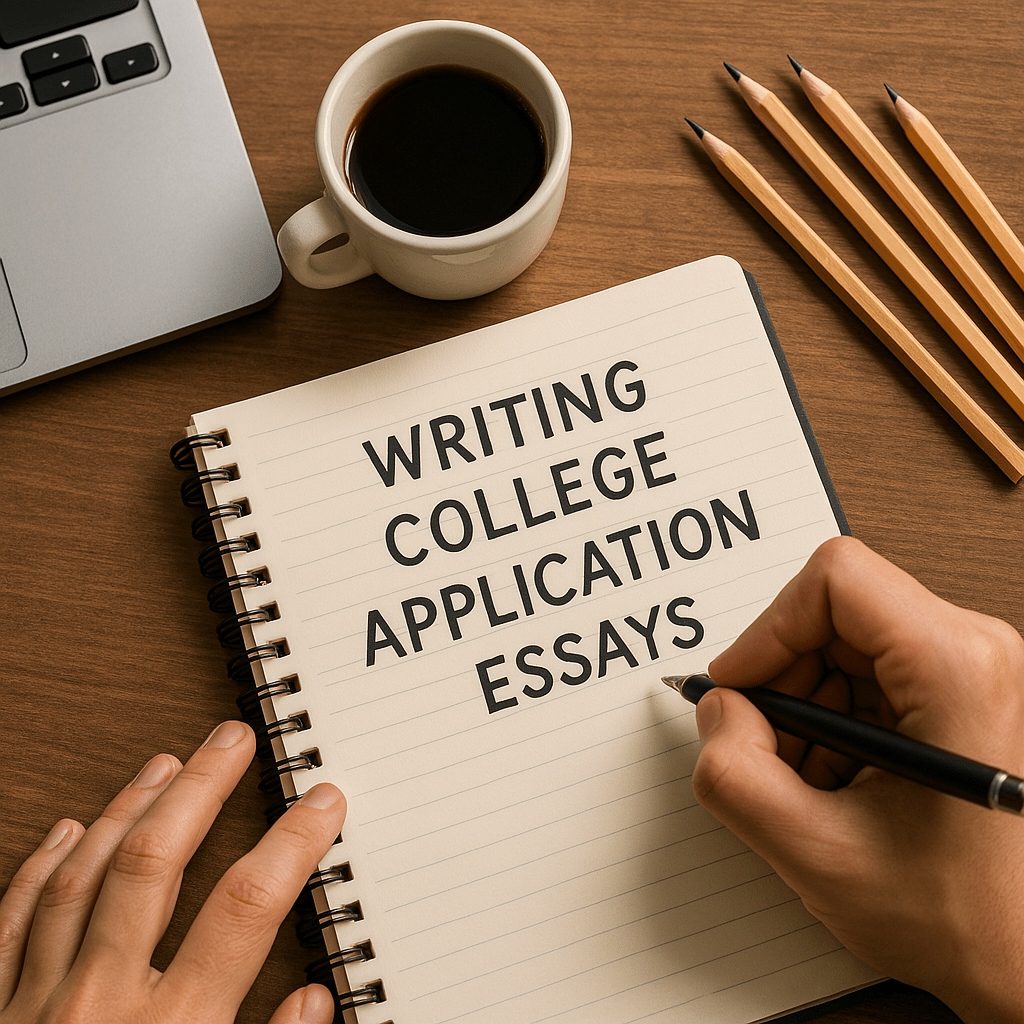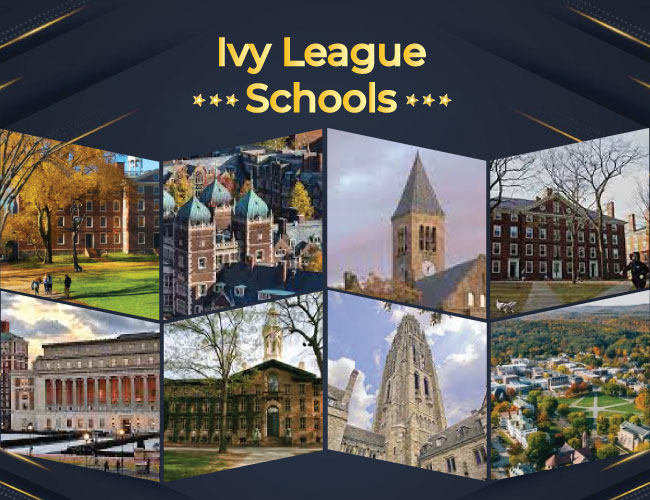Table of Contents
From Application to Acceptance: Step-by-Step Guide for UG Admissions in Canada
Canada is a top global study destination with over 15% international enrolment across prestigious institutions. The country is home to six universities ranked among the world’s top 200 by Times Higher Education, validating exceptional academic excellence. High student satisfaction scores further corroborate the quality of Canadian higher education.
When applying to Canadian universities, there are three start times: fall, winter, and summer. The fall intake is the main one for most schools, but some also have a winter start.
This guide covers the key steps, requirements, timelines and helpful tips to smoothly navigate the journey towards your preferred college or university in Canada.
Undergraduate College Application Process for Canada
In Canada, applying to university is much like the process in the US. You need two things to get in: a high school diploma and a good handle on English or French. In most places, it’s English, but in Quebec and New Brunswick, you could use either one. Want more details on the Canada college application tips? Keep reading:
Research Potential Schools and Programmes
- Browse college websites, guides and rankings to shortlist schools aligned with academic interests and career aspirations.
- Understand admission requirements, grades, English proficiency, academic portfolios, interviews, etc., required for target programs.
- Book campus tours beforehand to evaluate cultural fit.
- Connect with current students studying in Canada and alumni through virtual channels for insight into life on campus.
Expert guidance services like Career Launcher can provide end-to-end support with researching schools and programs. Our counsellors can advise on shortlisting aligned colleges, clarify admission requirements, give tips on on-campus visits, and facilitate speaking with current students to gain insights about potential fits.
Develop Your Application List (August-September)
With a clearer sense of academic fit, programs of interest and application criteria at each school, refine your list down to 6-8 colleges total:
- Finalise 2-3 Canadian “reach” schools you’ll be competitive applicants at.
- Add 3-4 schools well matched to your profile and interests.
- Include 1-2 safety schools you’re very likely to get into.
Check the Requirements
The critical academic eligibility criteria for undergraduate programs in Canadian universities include:
- Around a 70% grade in the 12th standard or equivalent examinations.
- Strong English language proficiency is demonstrated through minimum TOEFL scores of 80-100 or the IELTS band of 6.5.
- Applicants must also submit competitive standardised test scores, statement of purpose, and letters of recommendation and obtain the necessary study permit.
Check Application Deadlines
Students should plan to submit their applications up to 6-9 months in advance of the academic session. The following are the application deadlines for applying to Canadian universities:
| University | Application Deadline |
| University of Toronto | February 1 |
| McGill University | January 15 |
| University of Alberta | March 1 |
| University of Waterloo | February 1 |
| Western University | February 1 |
| University de Montreal | February 1 |
| University of Calgary | March 1 |
| McMaster University | January 15 |
| University of Ottawa | April 30 |
| University of Manitoba | May 1 |
Prepare Strong College Application
- Write an original personal statement typically of 500-650 words. It should highlight your aligned interests, experiences, skills, values and future goals.
- Curate an activity list that showcases your academic, professional and extracurricular highlights over the years. Order entries starting with your latest and most meaningful achievements.
- You must submit official high school transcripts showing GPA trends, course levels and honours. Send the latest SAT/ACT scores directly from testing boards.
Wait For Approval
When you get your acceptance, check the offer carefully from Canadian universities.
- Next, you must apply for a study permit to attend school in Canada.
- When the study permit is yours, Canada’s officials will give you a student visa.
- They also provide an electronic Travel Authorization (eTA) and your study permit.
Plan For Finances for Universities in Canada
The following table shows the cost of attending Canadian universities:
| Expenses | Cost (CAD) |
| Accommodation | $400-$800 |
| Food | $300-$400 |
| Travel | $80-$110 |
| Entertainment | $150 |
| Other Utilities | $164.64 |
| Internet | $78.82 |
| Health Insurance | $74 |
| On-Campus Accommodation | $8,000-$10,000 |
| Off-Campus Shared Accommodation | $400 to $700 |
The following list shows some scholarship options in Canada available to help you with your finances:
- University of Manitoba Graduate Fellowships
- University of Waterloo International Master’s Award
- UBC Graduate Global Leadership Fellowships
- Waterloo International Master’s Award of Excellence
- Karen McKellin International Leader of Tomorrow
- University of Calgary International Entrance Scholarship
- International Undergraduate Student Bursary
- Donald A. Wehrung International Student Award
- Lester B. Pearson International Scholarship Program
Final Thoughts
The college application process in Canada can feel overwhelming, but strategic planning and preparation can increase your chances of success. Thoroughly research prerequisites and cut-offs for each application. Seek advice from career advisors, coaches, and online groups for useful perspectives. Whether targeting colleges, financial aid, or future employment, embark on the application journey with confidence and determination.









